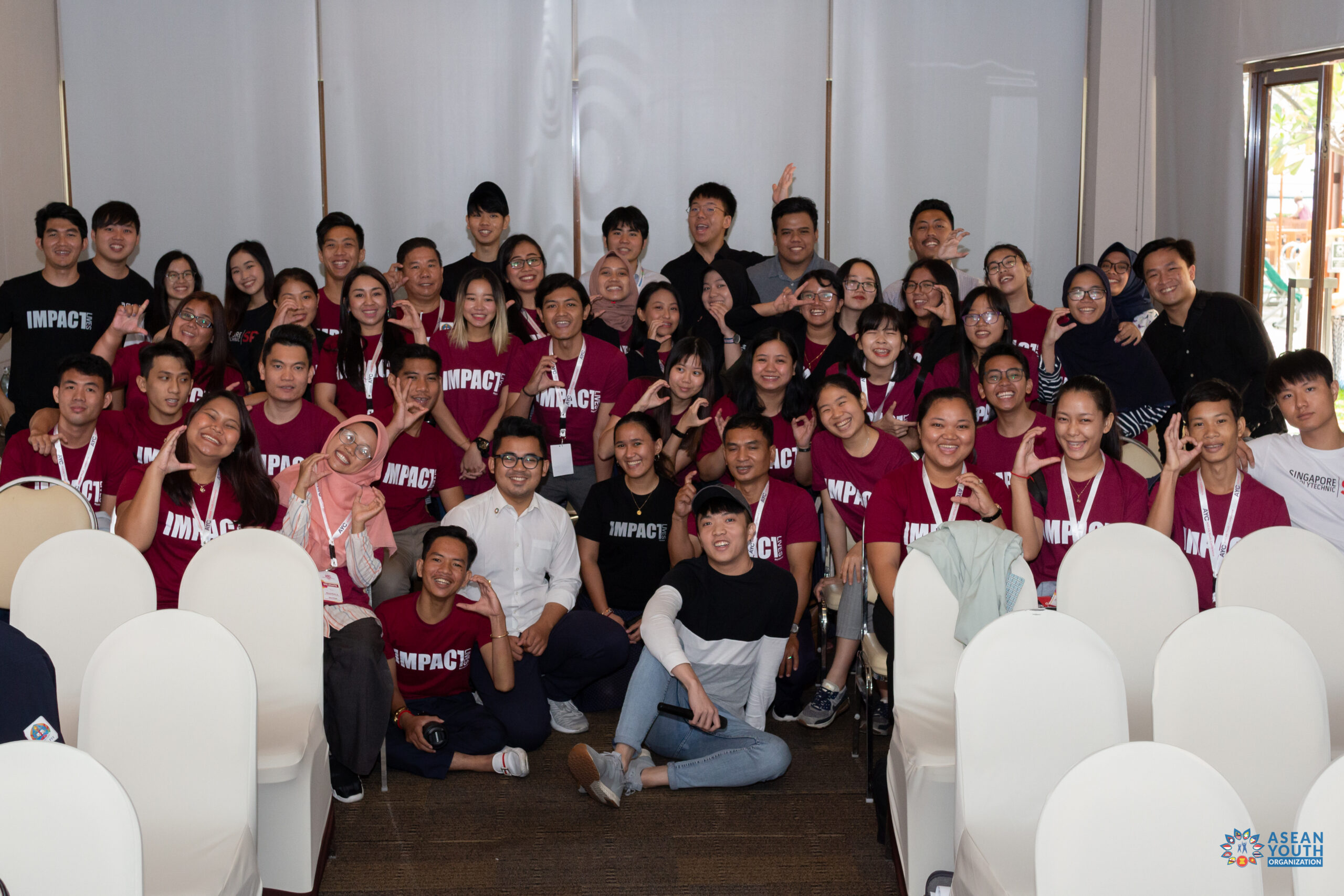The Youth Development Index (YDI) is an evaluation tool that measures a country’s effectiveness in nurturing its youth in several aspects such as education, health, employment, and preparedness for their future. In Southeast Asia, the Association of Southeast Asian Nations (ASEAN) launched the first YDI in 2017 as part of the objectives of the ASEAN Senior Officials Meeting on Youth (SOMY) under the ASEAN Work Plan on Youth 2016-2020. Since then, the ASEAN YDI has been a valuable instrument for all ASEAN Member States (AMS) to track the progress of youth development in their respective countries.
In the recent ASEAN Work Plan on Youth (2021-2025), the ASEAN YDI is placed under Priority Area 5: ASEAN Awareness, Values, and Identity, which aims to empower young ASEAN citizens to promote a sense of ASEAN identity, fostering deeper understanding of ASEAN and its principles and values, with emphasis on upholding human rights.
The present ASEAN YDI builds upon the first one by using lessons learned from youth development efforts both within the region and across the globe. It combines indicators from the first version and looks at trends in data from 2016-2020. With this, the areas covered in this recent ASEAN YDI include Education and Skills, Health and Well-being, Employment and Opportunity, Participation and Engagement, Equity and Inclusion, Safety and Security, and ASEAN Values and Identity. The age bracket for youth spans from 15 and 35 years old—the standard for the ASEAN YDI report.
ASEAN Member States YDI Rankings
Singapore

Singapore topped the list among the ten countries in the overall ASEAN YDI, with its score climbing from 0.804 to 0.830 between 2013 and 2022. It held the first position in four out of the seven domains assessed, such as Education and Skills, Health and Well-being, Employment and Opportunity, and Safety and Security.
Malaysia

In 2022, Malaysia climbed to the 2nd position in the overall YDI rankings among the ten ASEAN countries, marking an improvement of one spot from 2013. Its score saw an increase of 0.037 during this period, with the exception of Health and Well-being, which experienced a decline over the decade.
Brunei Darussalam

Brunei Darussalam ranked 3rd in YDI out of the 10 countries in ASEAN in 2022, with an increased domain score from 0.665 to 0.692 between 2013-2022.
Vietnam
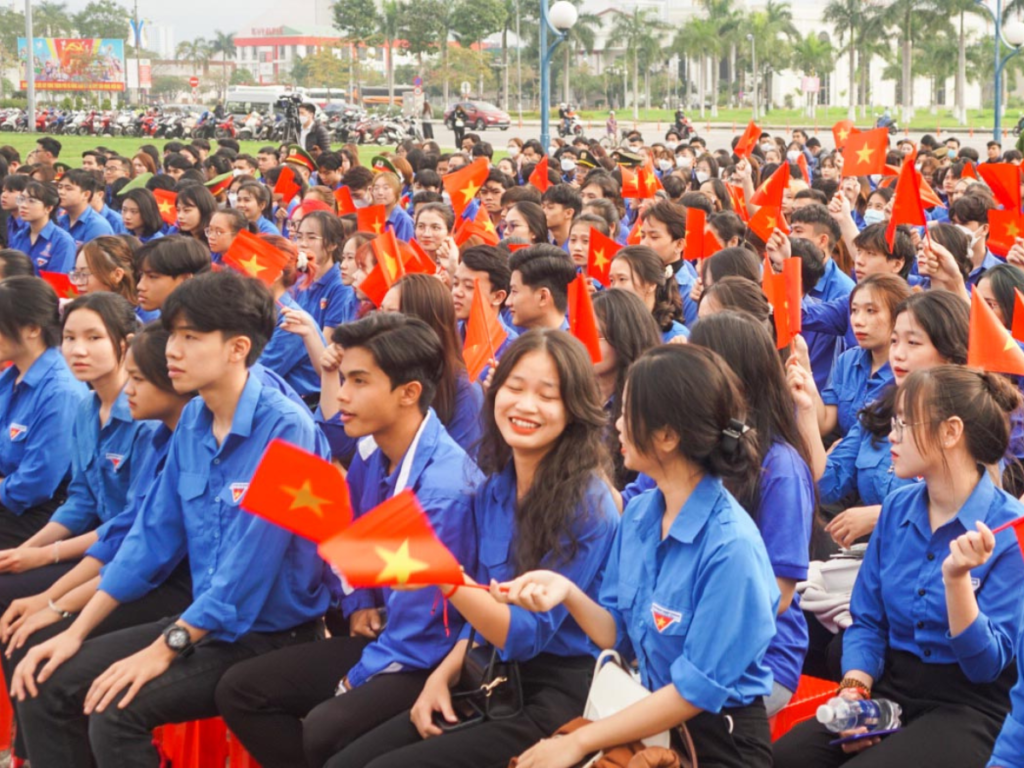
Vietnam secured the 4th position among the ten countries in the ASEAN YDI. Its overall YDI score rose from 0.595 to 0.661, with the most notable enhancements seen in Equity and Inclusion and Participation and Engagement. The ASEAN Values and Identity Index remained steady at 0.730, the highest possible score, while Health and Well-being experienced a considerable decline over the decade.
Indonesia

Indonesia revealed progress between 2013 and 2022, with its overall ASEAN YDI increasing to 0.578, placing it 5th among the ten ASEAN countries in 2022.
Thailand
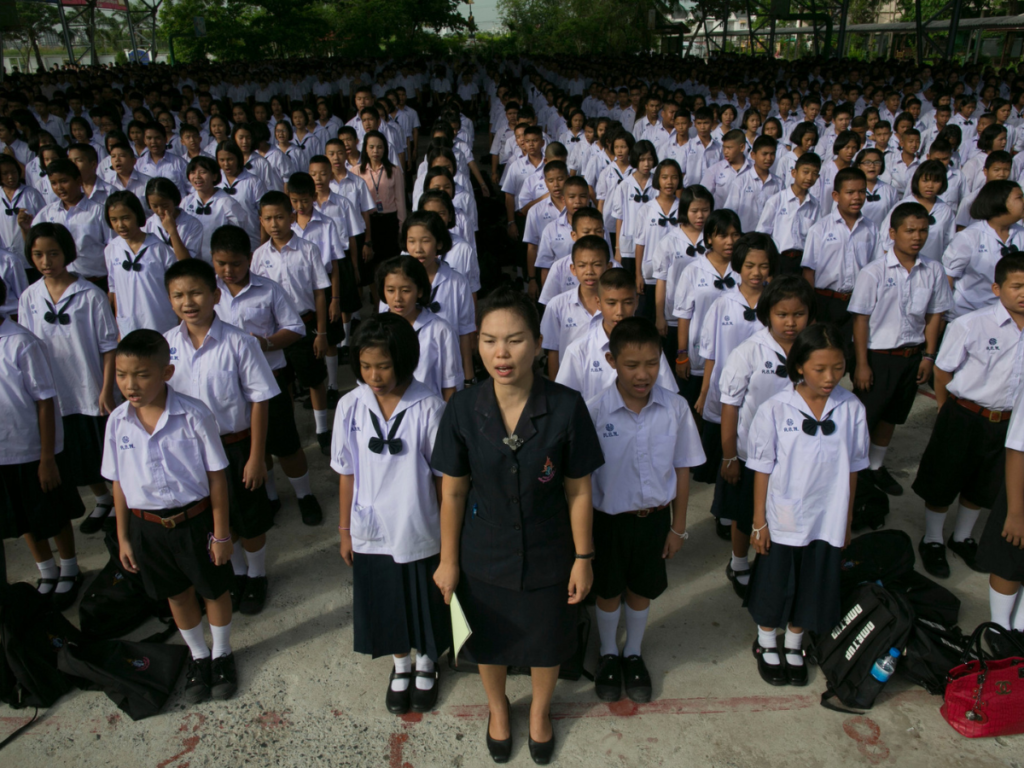
Thailand’s overall YDI score increased to 0.574 in 2022, compared to 0.505 in 2013. However, despite this rise in the overall score, the country’s ranking declined from 5th to 6th over the ten-year period.
Cambodia
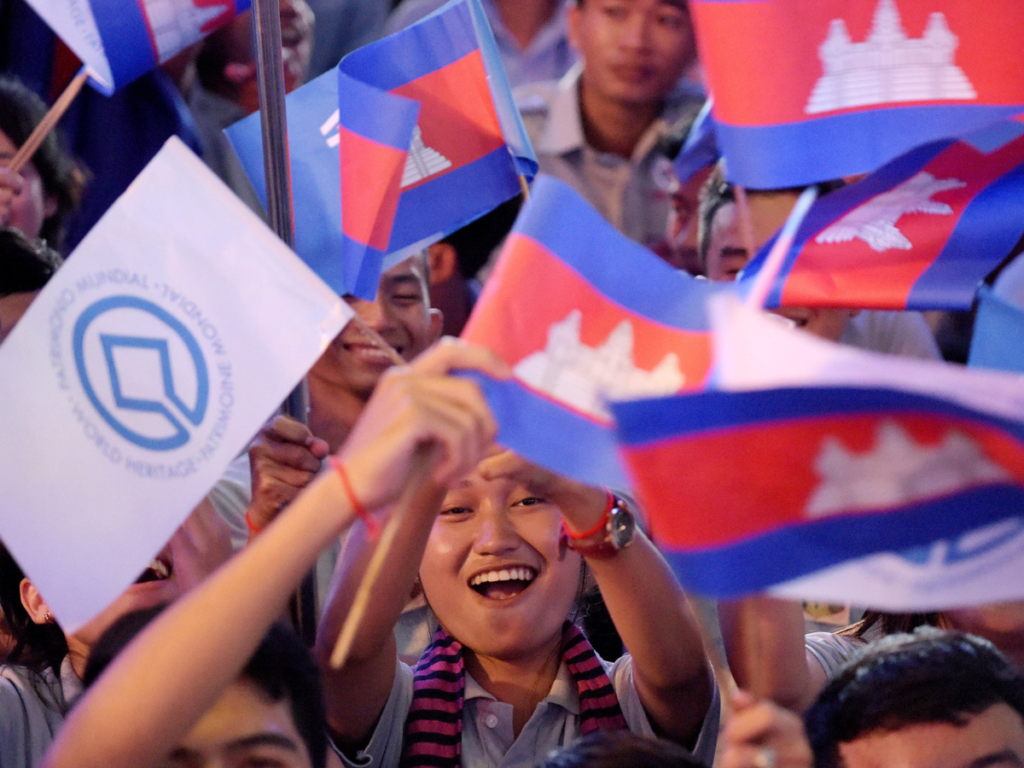
Cambodia secured the 7th position among the ten ASEAN countries in the 2022 YDI rankings, marking the most substantial advancement over the period from 2013 to 2022 among all ten nations. Its YDI score surged from 0.440 in 2013 to 0.568 in 2022.
The Philippines

The Philippines climbed to the 8th position in the YDI rankings among the ten ASEAN Member States, with its domain score rising from 0.464 to 0.522 between 2013 and 2022.
Lao PDR
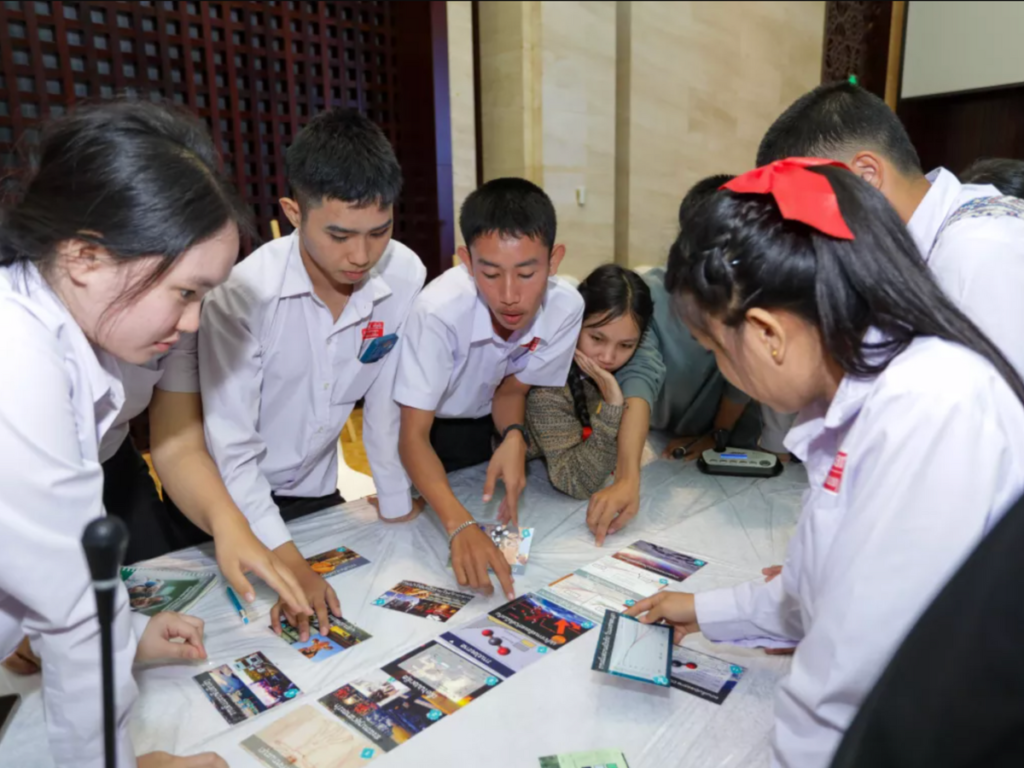
Lao PDR secured the 9th position in the YDI rankings among the ten ASEAN countries, with its overall YDI score rising to 0.476 from 0.368 in 2013.
Myanmar

Myanmar obtained an overall YDI score of 0.466, placing the country at the bottom among all AMS. Nevertheless, it has seen an improvement of 0.092 since 2013, primarily driven by an increase in the domain score for Education and Skills.
You may view the full ASEAN Youth Development Index 2022 report here: https://asean.org/wp-content/uploads/2023/06/4th-VERSION_22313_ASEAN-YDI-Report_Spreads-LQ_23Jun23.pdf
References:
The ASEAN Secretariat. (n.d.). ASEAN Youth Development Index – ASEAN Youth Development Index 2022. Association of Southeast Asian Nations. https://asean.org/serial/144771/
The ASEAN Secretariat. (2023). ASEAN Youth Development Index 2022. Association of Southeast Asian Nations. https://asean.org/wp-content/uploads/2023/06/4th-VERSION_22313_ASEAN-YDI-Report_Spreads-LQ_23Jun23.pdf
